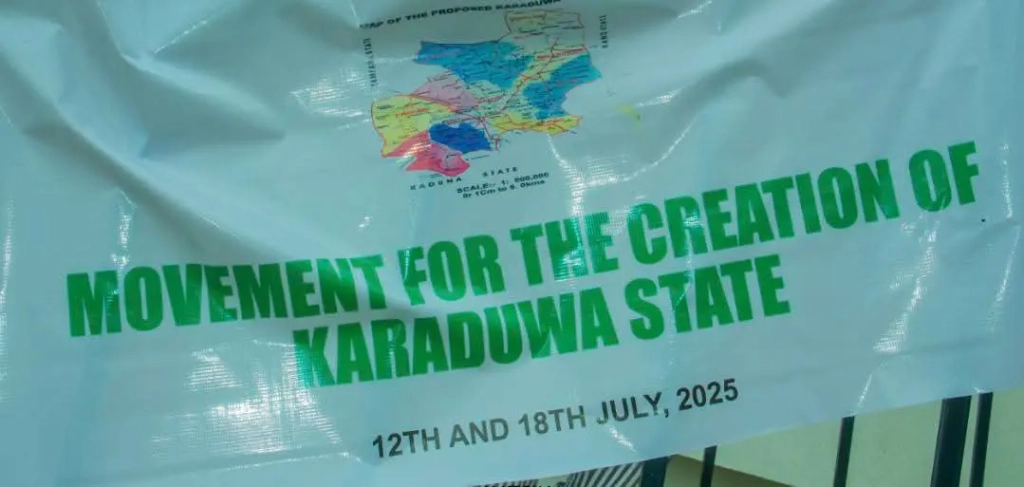A coalition in Nigeria’s Katsina State has called for the establishment of a new administrative region, Karadua State, arguing the move would advance governance efficiency and equitable development. Representatives from the Coalition of Funtua Community-Based Organisations presented their proposal to the National Assembly’s Constitution Review Committee during a public hearing on Monday, spotlighting growing demands for restructuring within Africa’s most populous nation.
Alhaji Tukur Lawal, a leader of the coalition, outlined the plan to carve out Karadua State from the existing Funtua Senatorial Zone in southern Katsina. The proposed state would encompass 11 local government areas—Funtua, Bakori, Malumfashi, Kafur, Danja, Kankara, Sabuwa, Dandume, Faskari, Musawa, and Matazu—with an additional local administrative unit suggested to address demographic shifts and administrative needs. “Creating this state aligns with constitutional principles of viable governance structures,” Lawal stated, emphasizing the group’s goal to decentralize authority and improve public service delivery.
The push reflects broader national debates over federalism, resource distribution, and regional representation in Nigeria, where state creation has historically been a tool to address ethnic, political, and economic grievances. Advocates argue that smaller states enhance accountability by positioning decision-makers closer to communities, particularly in rural regions. Lawal cited expectations that the new state would bolster grassroots security coordination, reduce political marginalization, and stimulate infrastructure projects. “This isn’t just about geography—it’s about ensuring every zone has a fair stake in national progress,” he added.
Beyond statehood, the coalition urged reforms to strengthen local governance, including constitutional roles for traditional leaders in security and social welfare programs. The proposal also supports establishing state-level police forces, a contentious yet recurring demand in Nigeria amid ongoing security challenges. Traditional rulers, Lawal noted, already play frontline roles in conflict resolution and agriculture but require formal recognition to amplify their impact.
While Nigeria’s constitution mandates population thresholds and geographic viability for new states, approval hinges on political consensus—a complex hurdle given competing regional interests. Katsina, currently divided into three senatorial zones, is part of Nigeria’s northern belt, where debates over resource allocation and underdevelopment have fueled demands for administrative reorganization.
Analysts view the Karadua proposal as part of a wider reckoning with governance structures in a country of over 200 million people. Similar calls for state creation have emerged from regions like the southeast and southwest, reflecting dissatisfaction with centralization. “Every advocacy like this tests the flexibility of our federal system,” remarked Ihkaro Igbafe, a political economist familiar with Nigeria’s territorial reforms. “The key lies in balancing local aspirations with national cohesion.”
The National Assembly committee has not indicated a timeline for reviewing the memorandum, though such proposals often face lengthy deliberation. For now, the coalition’s bid places Katsina’s administrative future—and Nigeria’s evolving federal landscape—under renewed scrutiny.
